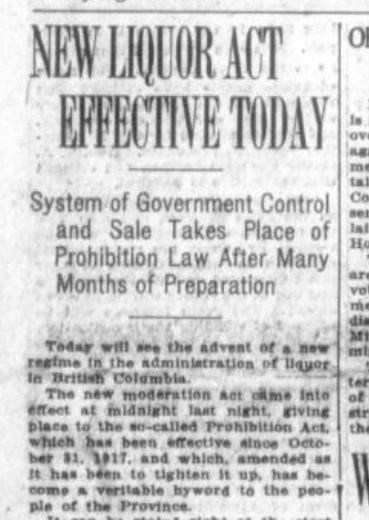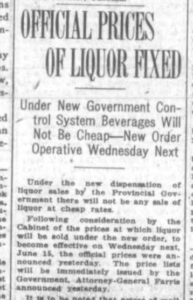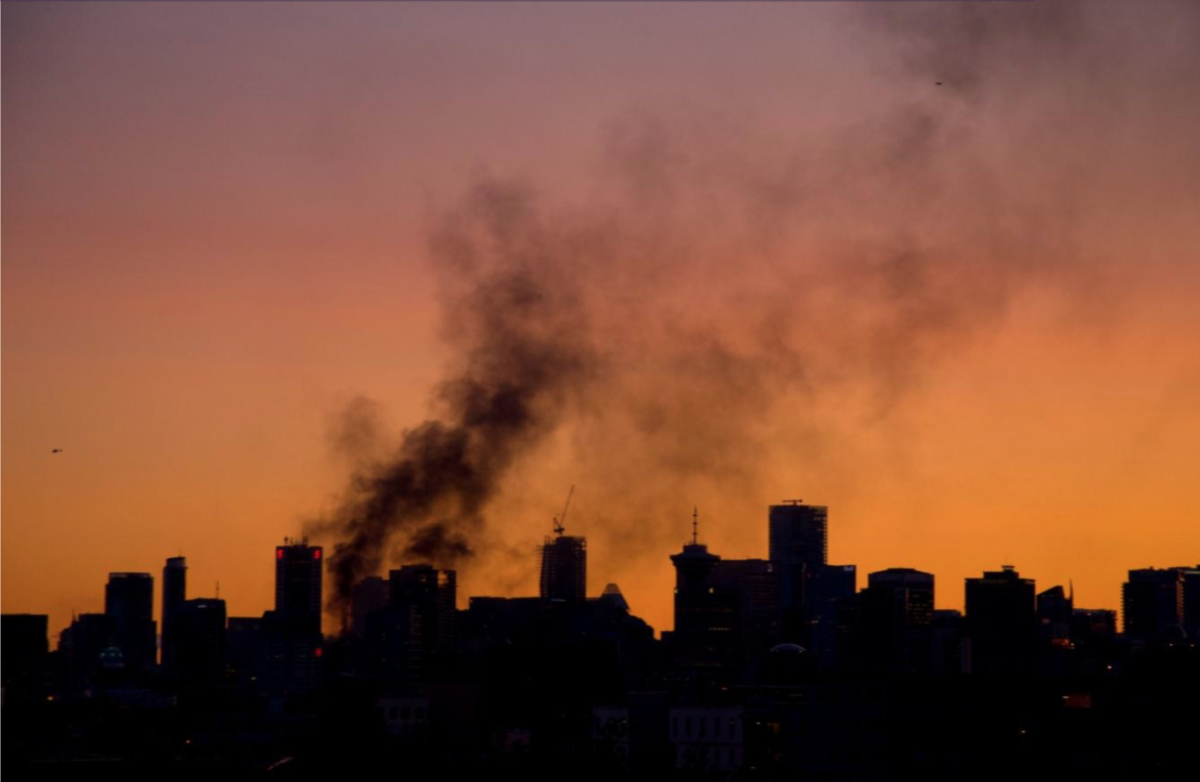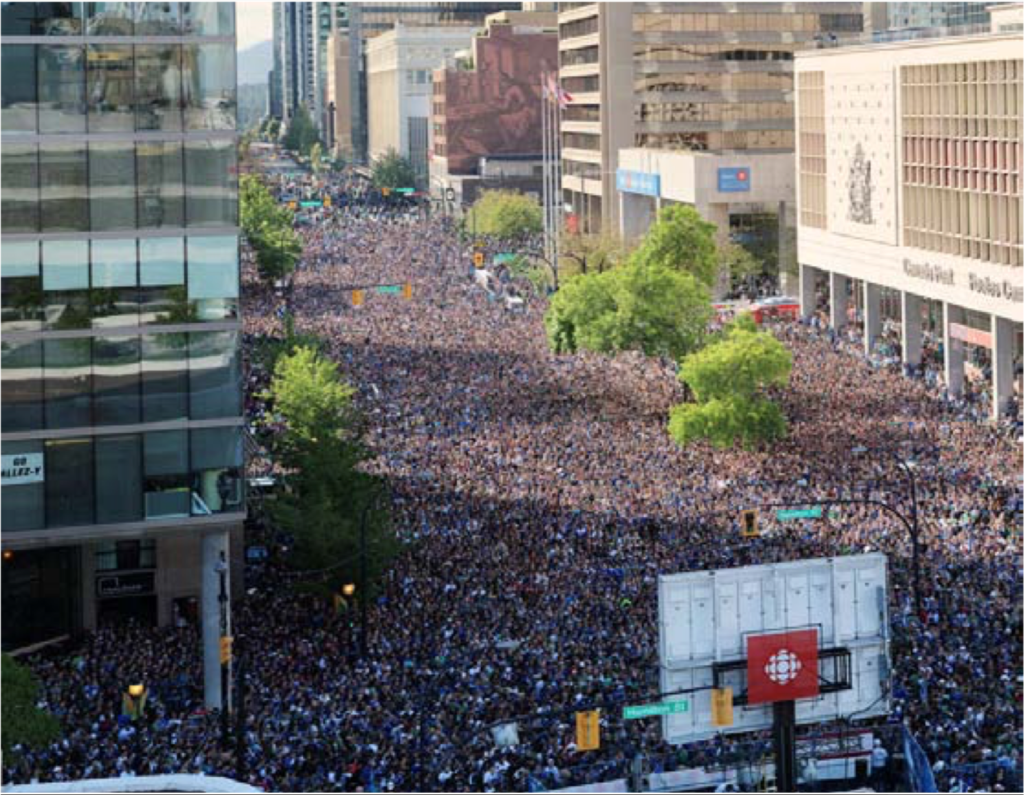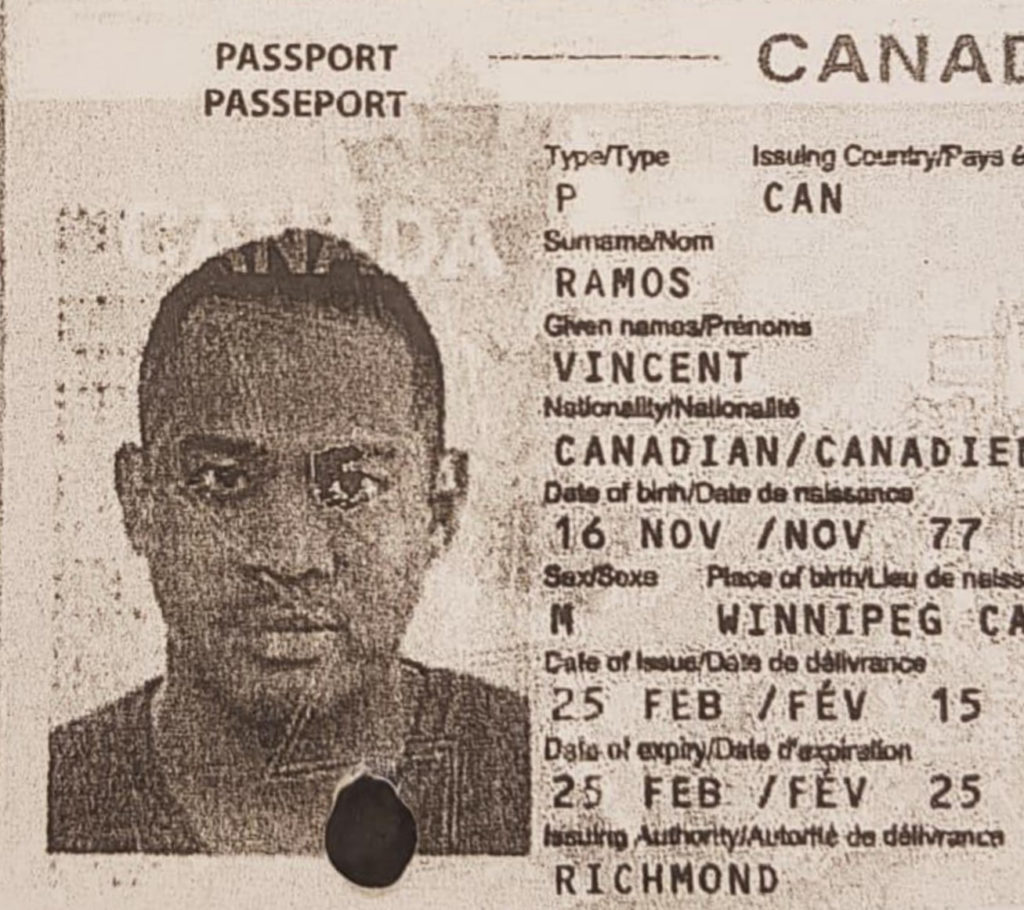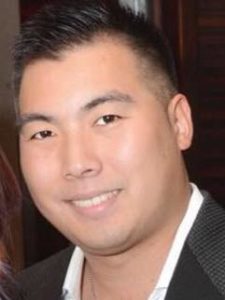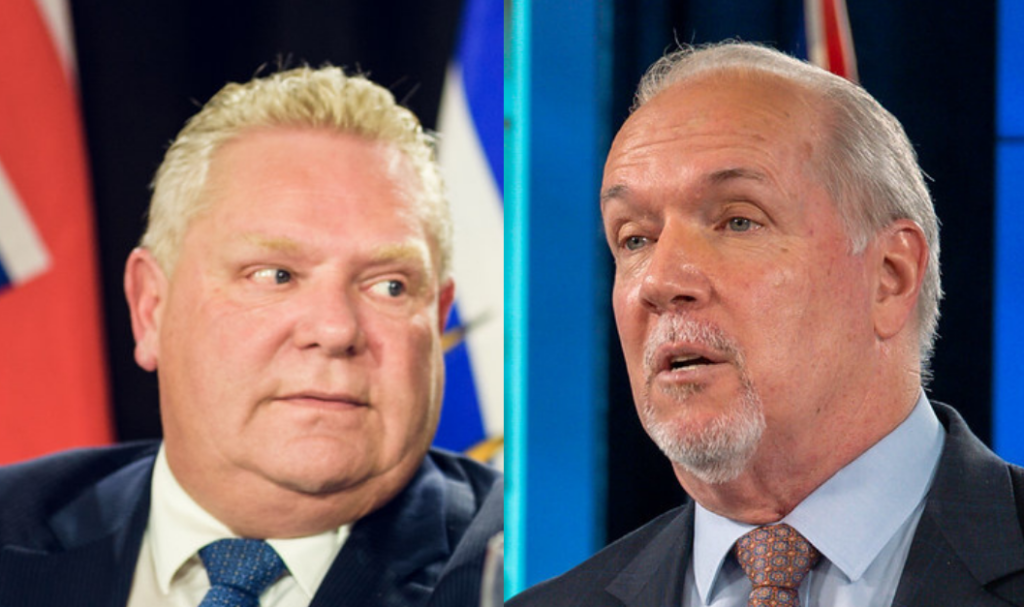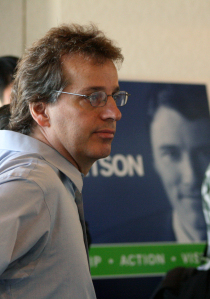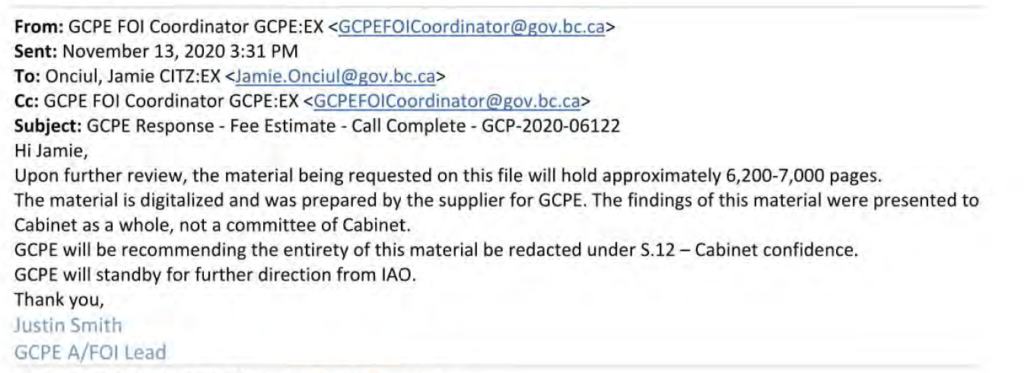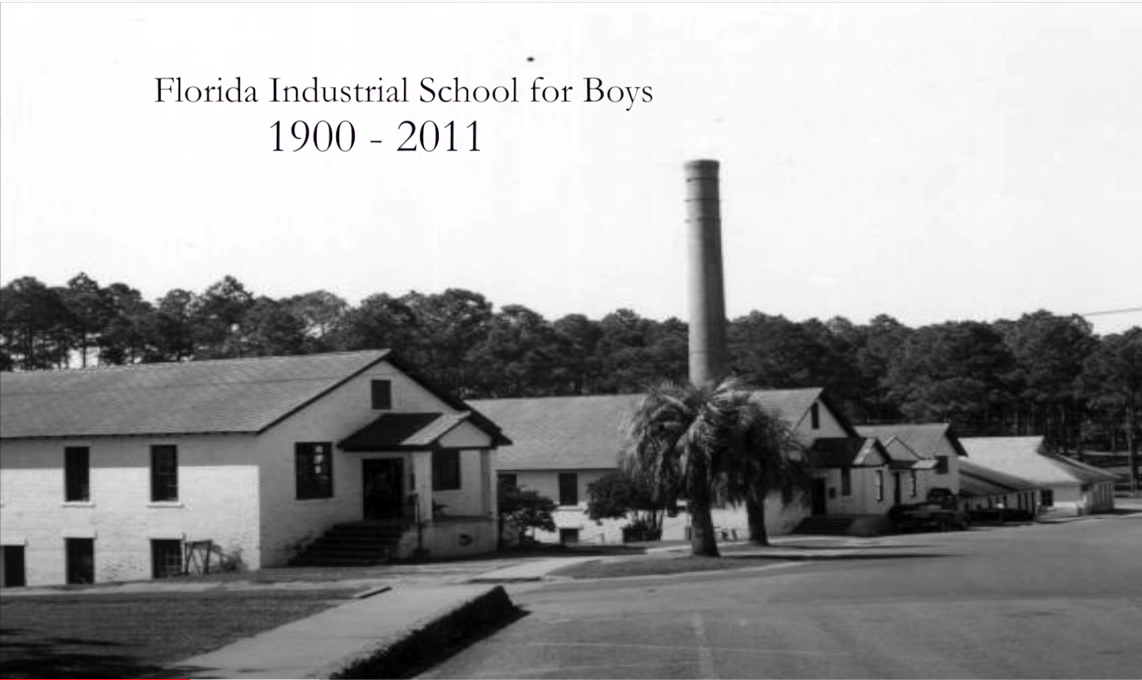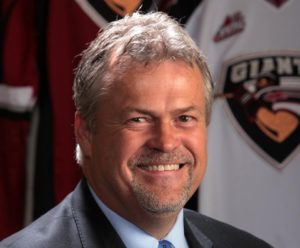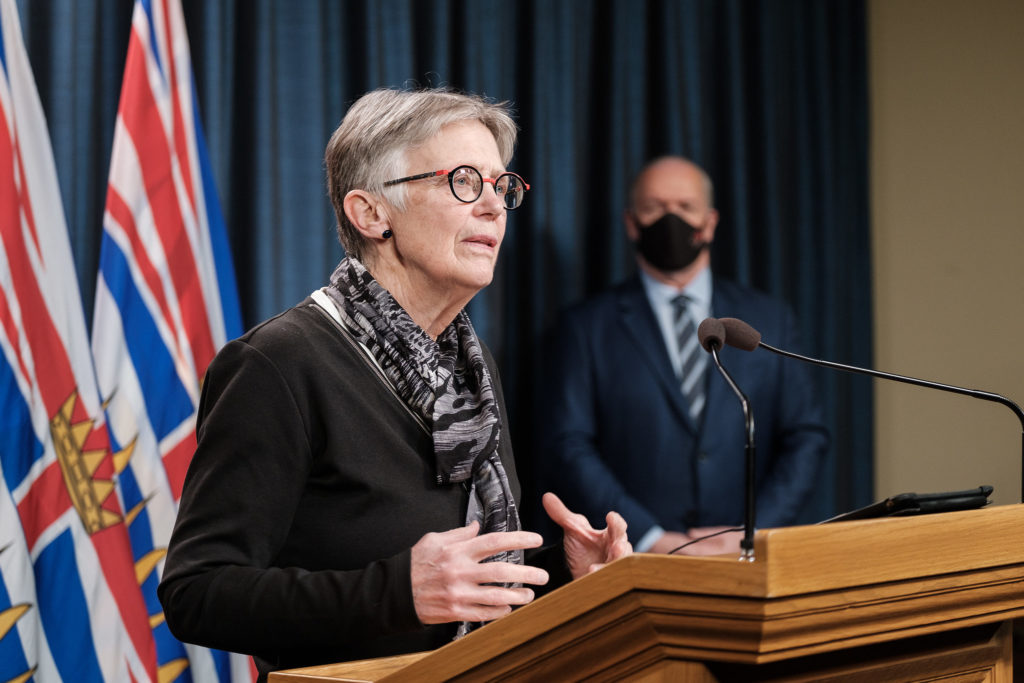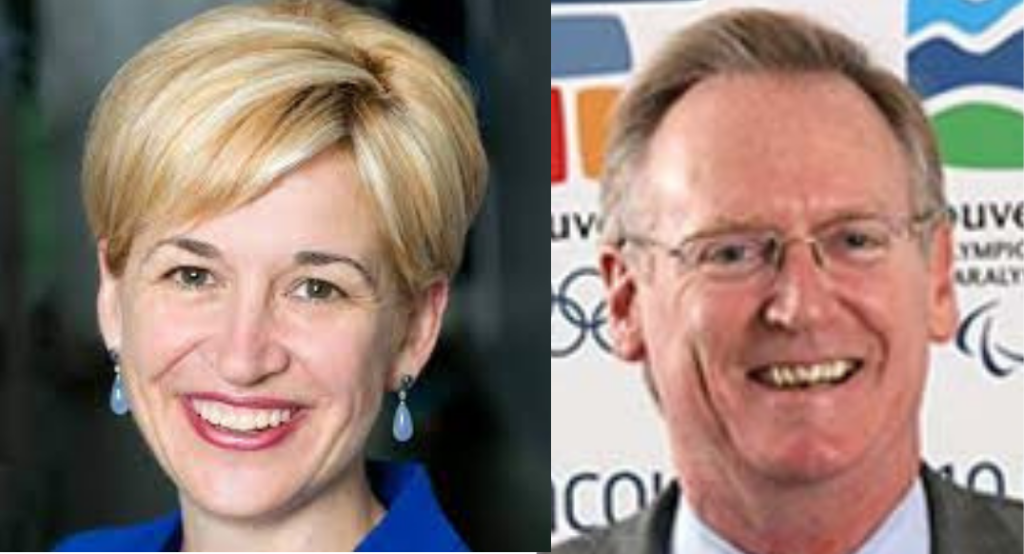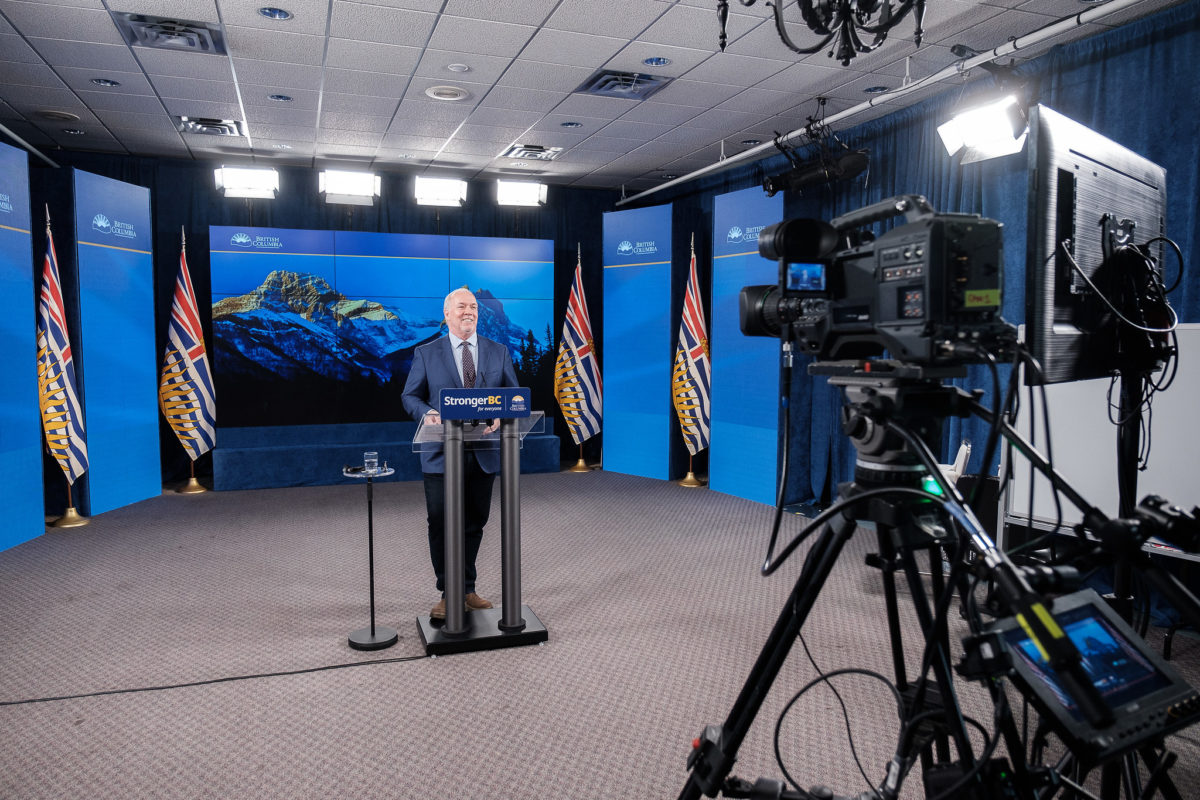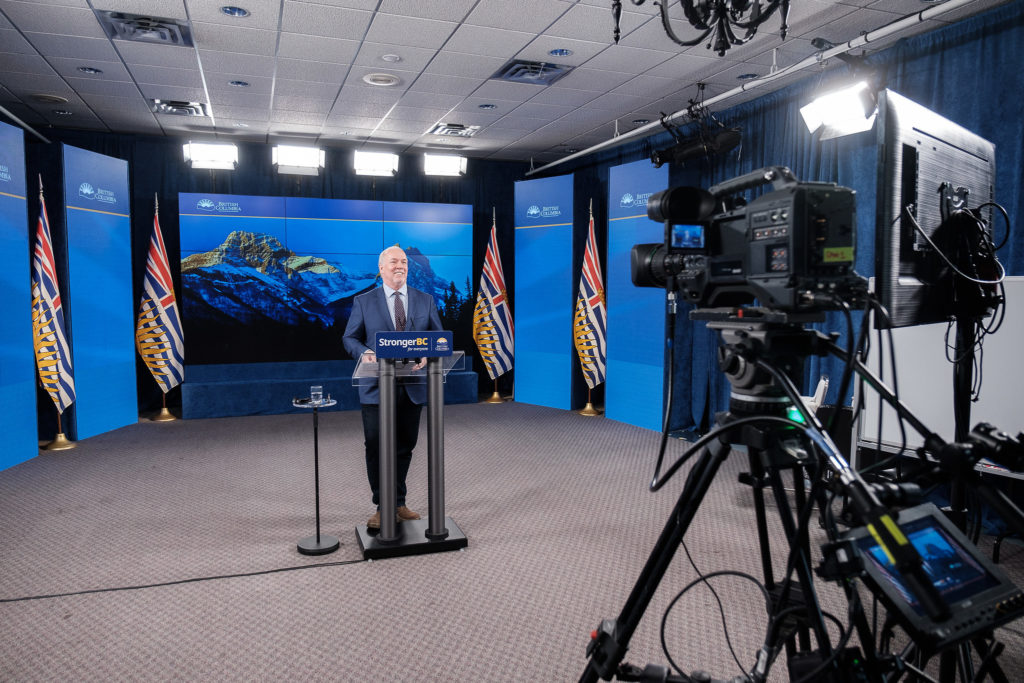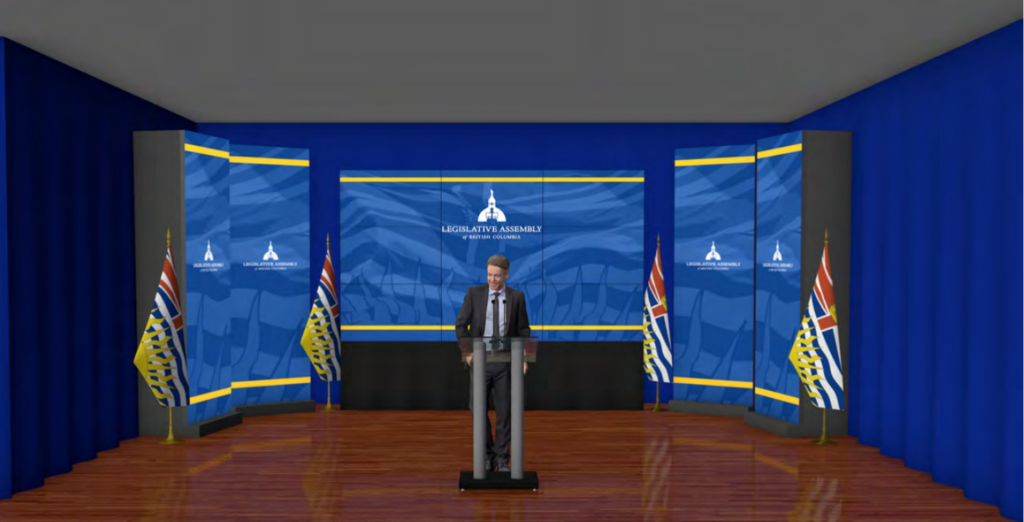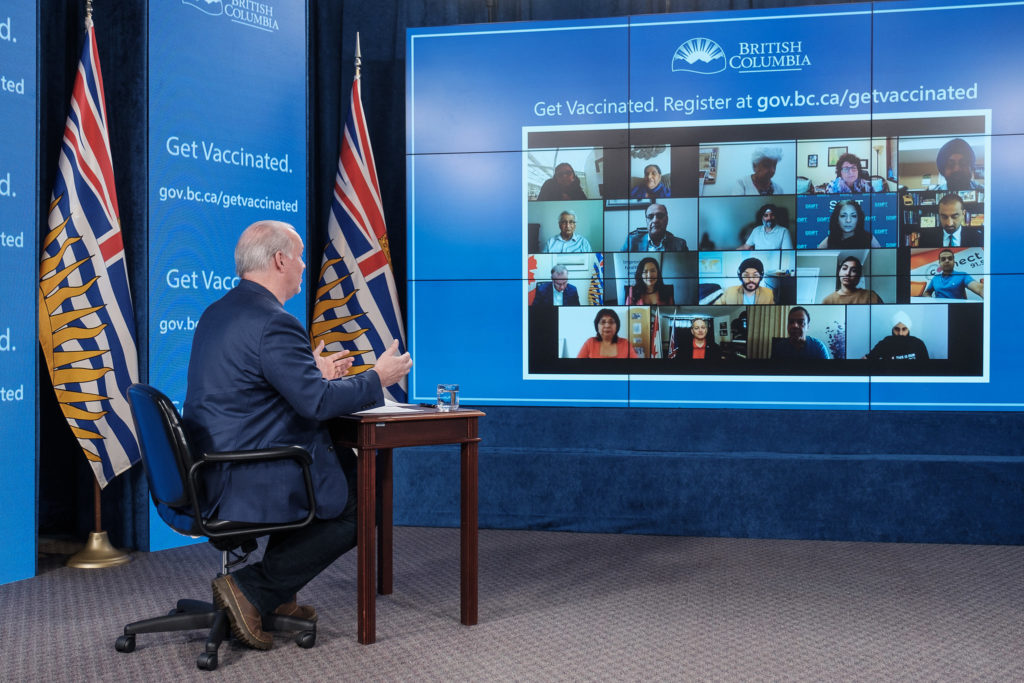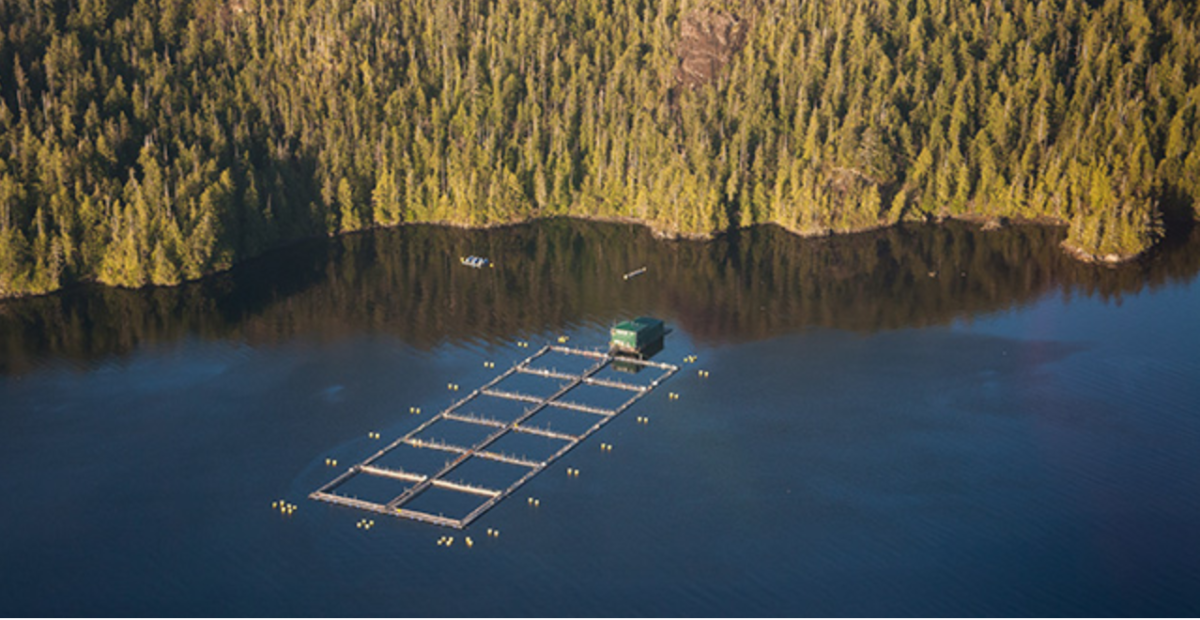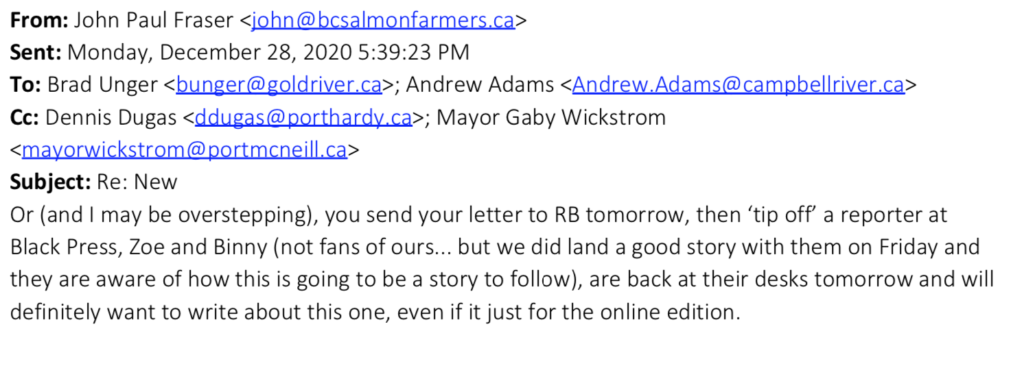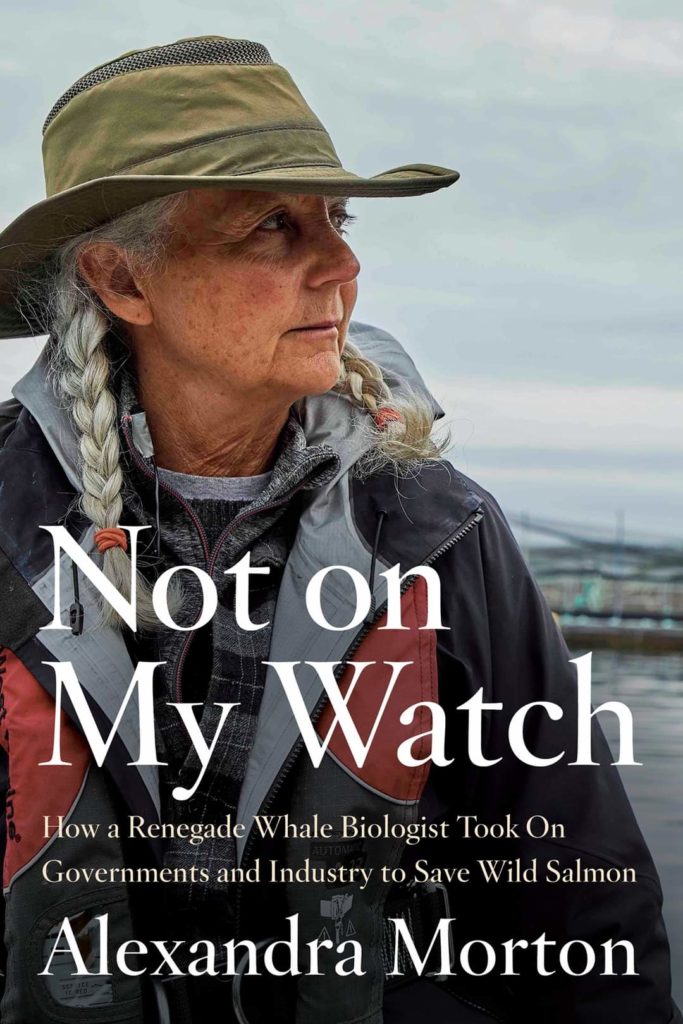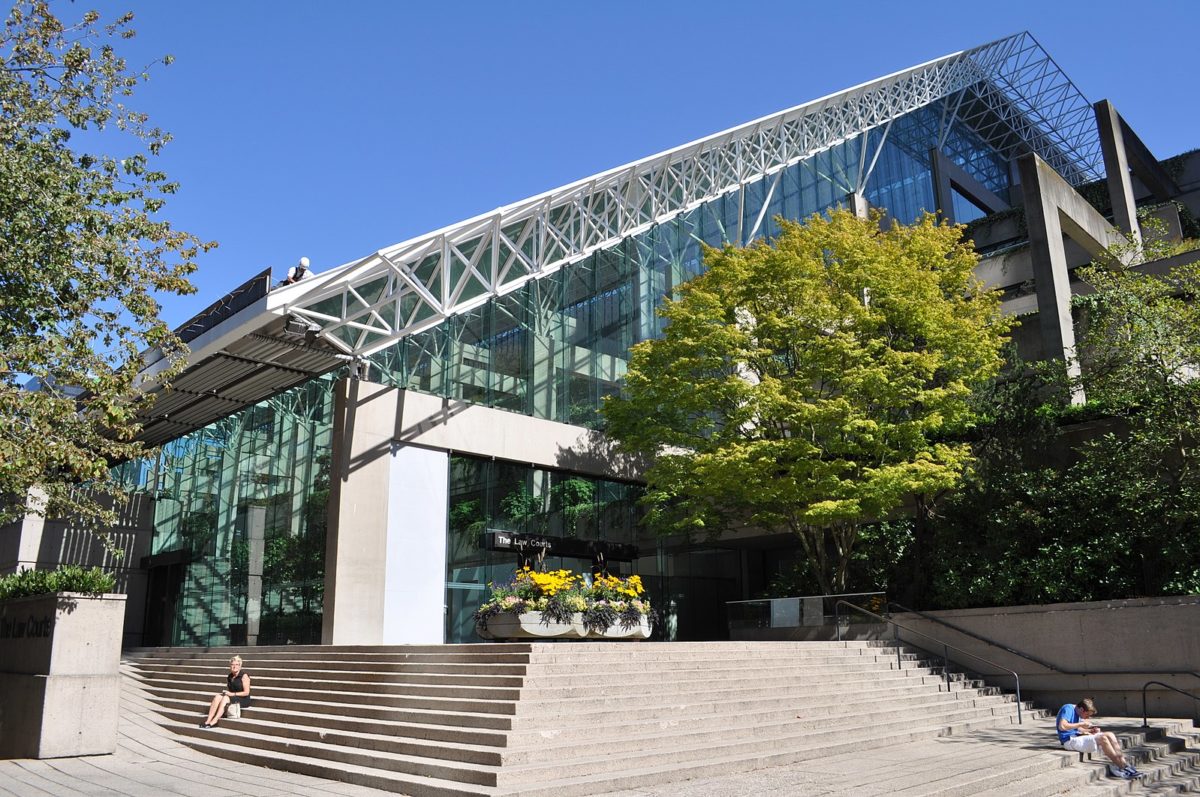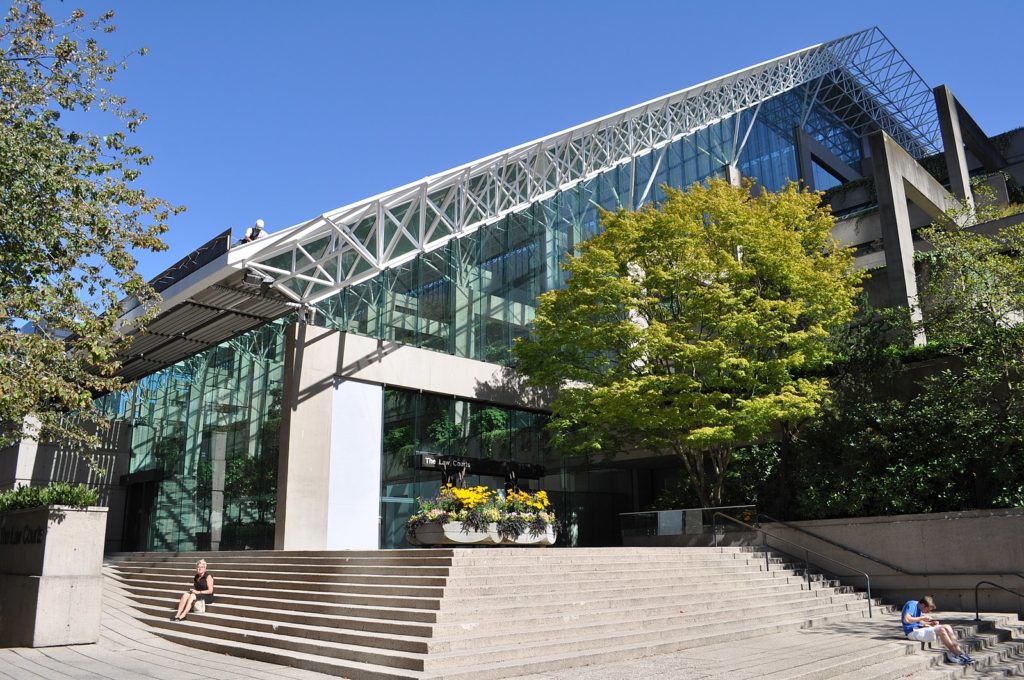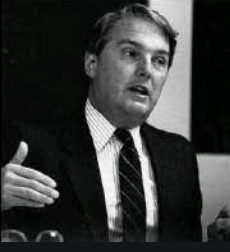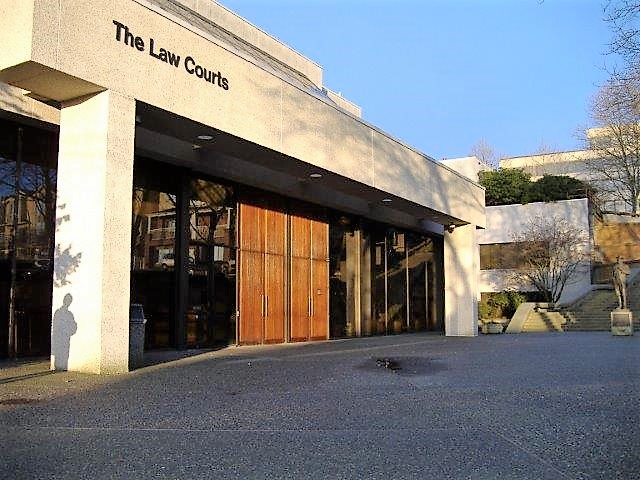Surrey police transition architect awarded with no-bid contract
Bob Mackin
The author of the blueprint for the new Surrey Police Service has scored a no-bid contract to work on focus groups to help form the RCMP replacement.
Curt Griffiths, a Simon Fraser University criminology professor, wrote the May 2019 Surrey Policing Transition Plan. SPS spokesman Ian MacDonald told theBreaker.news that Griffiths’ contract is worth $59,700.
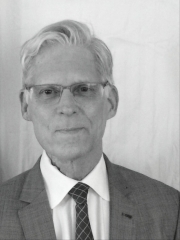
SFU criminology professor Curt Griffiths (SFU)
SPS announced June 15 that it hired Insights West Market Research to conduct a survey. Macdonald told theBreaker.news that the Insights West survey was developed by University Canada West professor Eli Sopow, and the two were paid $25,000.
Sopow is a former BCTV Legislature reporter who became an aide to Premier Bill Vander Zalm and later a civilian analyst and strategist with the RCMP.
SPS said letters were being sent beginning June 15 to community stakeholders for interview sessions conducted by independent researchers and senior SPS staff. They want feedback about the role of police and the community, and identification of policing priorities and accountability.
MacDonald said the contractors were selected by staff who researched quotes from three suppliers. The contracts were below the $75,000 threshold for a public tendering process.
Surrey Police not testing veterans for fitness, honesty
Will the Surrey Police Service rely on existing RCMP officers “patching over” or is it setting the bar low for its campaign to recruit 800 officers?
SPS is vetting bids from companies involved in polygraph testing, psychological evaluation and physical ability testing. Under each of the three contracts, SPS will only need testing for approximately 60 to 100 candidates per year.

May 2019 photo of Patton (left), Coun. Linda Annis, McCallum, Guerra, Nagra and Elford. (Annis is a member of Surrey First)
“The numbers that you see in the RFPs for these services are only estimates so we can ensure the suppliers have the capacity to scale up if required,” SPS spokeswoman Lisa Eason told theBreaker.news. “That being said, we do anticipate the majority of our hires to be experienced police officers, which would exempt them from the requirements to attend a police academy, and the need to undergo a medical evaluation, psychological assessment, and polygraph.”
Eason said experienced officers would be subject to background and reference checks, interviews and an integrity and lifestyle questionnaire. She said the new force would ensure none of its experienced applicants have outstanding disciplinary matters in any jurisdiction.
Lie detectors are standard for all job candidates at other police agencies, including the RCMP. Surrey’s lack of lie detectors puts it in the same league as the Independent Investigations Office, Office of the Information and Privacy Commissioner and B.C. Prosecution Service.
Big bucks for Surrey ethics commish
It has been less than a year since Surrey city council hired an ethics commissioner, but he is on track to being paid as much as the federal ethics commissioner.
Results of a freedom of information request show that Reece Harding of the Young Anderson law firm has been paid $273,198.50 since July 2020. He has fully investigated only two of 15 formal ethics complaints.
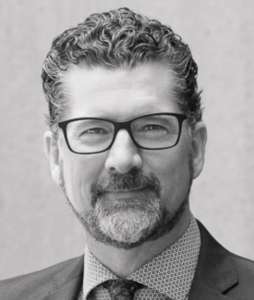
Surrey ethics commissioner Reece Harding (Young Anderson)
Harding was appointed to a two-year term, beginning July 13, 2020, as the independent officer to oversee the conduct of council members. The federal ethics commissioner, Mario Dion, is paid $314,100 a year, which is on par with a Federal Court judge.
In Harding’s first investigation report, published Feb. 3, he found Mayor Doug McCallum was not responsible for a Safe Surrey Coalition Tweet that called the RCMP “untrained murderers.” Harding recommended all council members review their person and organizational social media be responsibly administered.
On March 4, Harding found McCallum broke the council procedure bylaw when he failed to announce the names of councillors who voted against five items at an Oct. 5, 2020 council meeting.
McCallum did not respond to a request for comment about Harding’s hefty pay. But Harding told theBreaker.news by email that there is more than meets the eye about his work.
Wrote Harding: “This would including dealing with the backlog from the interim commissioner; setting up the intake for the office; multiple policy developments for interface with the code; processing of complaints; interface with public; Council member advice; educational advice; work on code improvements and of course investigations.”
Support theBreaker.news for as low as $2 a month on Patreon. Find out how. Click here.
Bob Mackin The author of the blueprint






